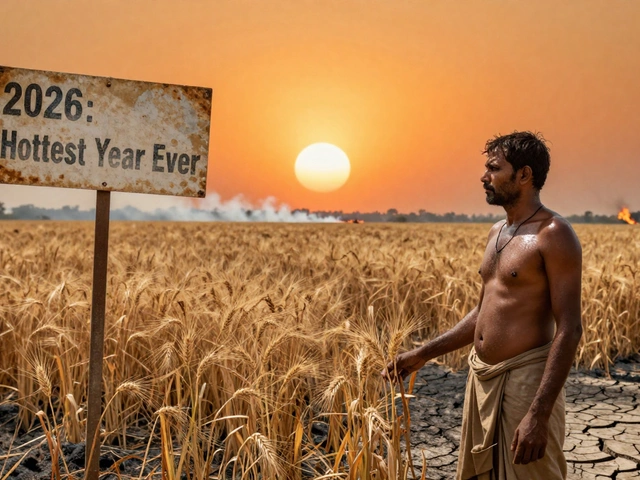Ethics in STEM: Responsible Innovation and Real-World Impact
When we talk about ethics, the moral principles that guide how science and technology are developed and used. Also known as research integrity, it's not a checklist—it's the reason we sleep at night knowing our work won't harm people or the planet. In India’s fast-moving STEM scene, ethics isn’t a side note. It’s the foundation that keeps breakthroughs from becoming disasters. Think about a gene-editing tool that cures disease but could also be misused. Or a public health app that tracks disease spread but invades privacy. Ethics asks: Who benefits? Who’s left out? Who’s accountable?
Technology transfer, the process of moving research from labs to real-world use. Also known as research commercialization, it’s where ethics gets real. A brilliant solar tech might fail not because it’s expensive, but because it ignores local needs. A vaccine program might work on paper but fail in villages if it doesn’t respect cultural beliefs. That’s why ethics isn’t about rules—it’s about listening. It’s the nurse who tells a data scientist the real reason people skip checkups. It’s the engineer who refuses to push a product that can’t be repaired. And it’s the researcher who says no to funding that demands hidden outcomes.
Public health ethics, how we decide what’s fair when resources are limited and lives are at stake. Also known as health equity, it’s the quiet force behind India’s polio campaigns and clean water drives. These programs didn’t succeed because they were high-tech. They succeeded because they asked: Who needs this most? Are we forcing change, or helping people choose it? Ethics here means not just saving lives, but doing it without shame, coercion, or neglect.
There’s no law that says a scientist must care about fairness. But every breakthrough that lasts—whether it’s a cheaper solar panel, a smarter AI tool, or a vaccine that reaches every village—was shaped by someone who asked the hard questions. Ethics isn’t slowing innovation down. It’s making sure it doesn’t crash.
Below, you’ll find real stories from Indian labs, clinics, and startups—where ethics isn’t a lecture, but a daily choice. From who gets paid in healthcare research to how AI is used in villages, these posts show what happens when science remembers its humanity.





